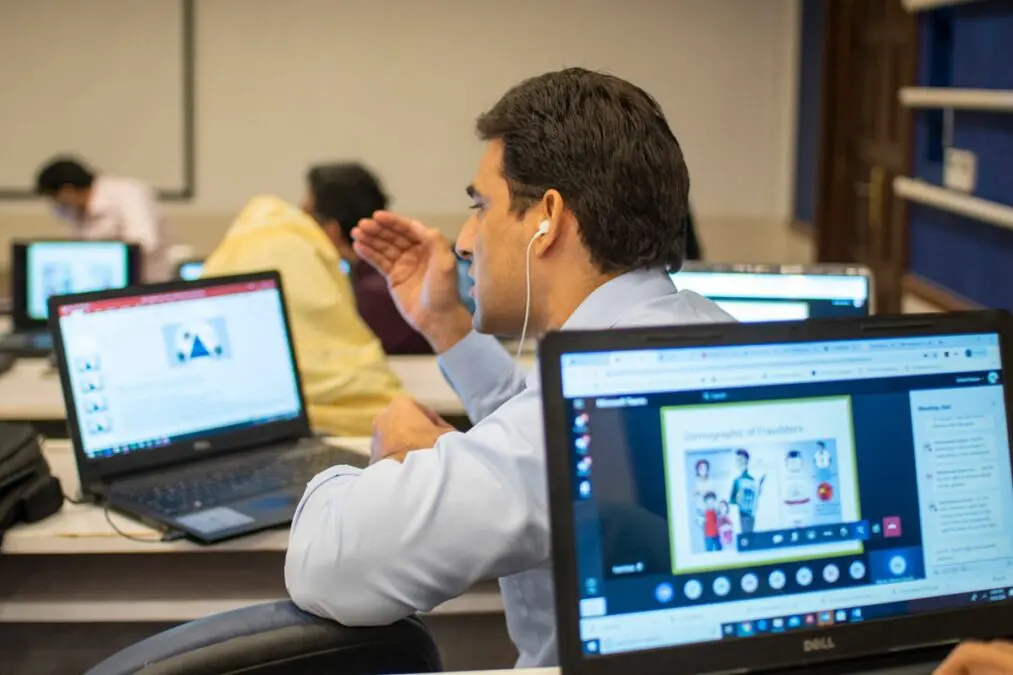23 November 2021 – A strong grounding in ethical principles and the ability of employees to prevent and counter corruption in the private sector remain a challenge worldwide. Without staff educated on the risks of corruption, businesses remain susceptible to corrupt practices which harm both their bottom line and reputation as well as undermine the anti-corruption frameworks of the countries in which they operate.
To meet this challenge, the UNODC Global Integrity Education project has been established to deliver effective integrity education that fosters ethical decision-making by future private sector employees. Rolled out in Kenya, Mexico and Pakistan, the project equips students with ethical mindsets and skills at the start of their professional careers and benefits the private sector in the long run.
To make the teaching more practice-oriented, the university courses have been enhanced with hands-on examples of integrity challenges. Recently, guest lecturers from a number of businesses practitioners were invited to share their stories, with 15 chosen from a broad range of business sectors, including banking, consumer goods, media, manufacturing and pharmaceuticals.
“Learning from qualified professionals about challenges of ethical living was a great experience. Ethics in the modern world today is preached widely; however, their actions are inconsistent with what they talk about. The most difficult phase in following one’s ethics is to do the right thing even when there is pressure from the senior officials. Learning about ethics in the corporate sector will be greatly beneficial for me in my professional life,” said Malik Muwadat Hussain, a student from Lahore University of Management Sciences in Pakistan.
Since 2019, the UNODC Global Integrity Education project has developed 16 contextualized university integrity modules and trained over 290 lecturers from 18 universities in Kenya, Mexico and Pakistan. To date, more than 7,650 students have been taught the modules and now possess increased awareness of ethical issues.
The goal of the project – which has been funded by the Siemens Integrity Initiative – is to create a talent supply chain of university graduates who are empowered to act as ethics ambassadors and seek to join public or private sector organizations. Going forward, the project will make further use of the UNODC university integrity modules and develop corresponding on-the-job anti-corruption trainings for businesses, engaging participating students in the development and delivery of the training programmes.







